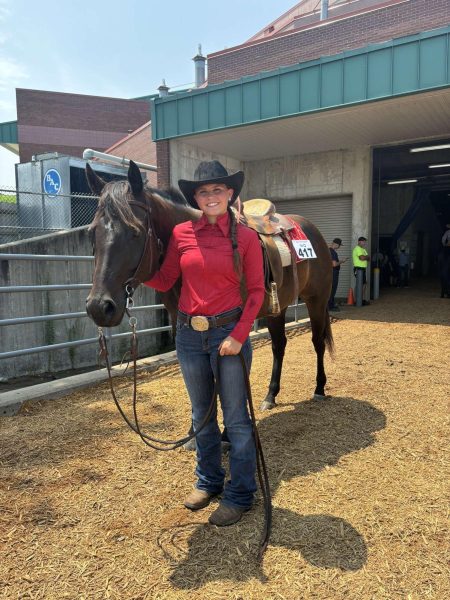While each school year comes with challenges, junior year is notorious for being intense. Junior year is a crucial turning point as it determines students’ academic trajectory and future opportunities. A majority of students begin to face athletic and academic pressures during their junior year: looking at colleges, Scholastic Aptitude Test (SAT) and American College Testing (ACT) prep, advancing to varsity sports, work, clubs, trying to maintain a social life and beginning to cope with the idea of life after high school.
Junior year is a wake-up call. Students feel pressure to start preparing for the future and to beef up their resume. Most students do this by joining clubs and taking on leadership roles while filling their schedules with Advanced Placement (AP) and honors classes, all of which require significant effort and have demanding time commitments. Students are encouraged to start thinking about college and life after high school which can be overwhelming for many, especially those who aren’t sure of their career plans.
Sebastian Tucker (he/ him), 11, is a high-achieving junior at Liberty who has six AP classes in his schedule this school year.
“I’d say I feel a lot of pressure on the academic level,” said Tucker. “I mean, not like, a ton, but some just to do good so I can get into a good enough college.”
Many students understand what is expected of them if they want a good job and a stable future. Although grades don’t define self-worth and identity, performing poorly academically can cause students to lose opportunities like scholarships and college acceptances.
According to the ASVAB Career Exploration Program, “Your junior year transcript is the last complete set of coursework and grades that admissions officers review on your college applications, so it should showcase your academic strength–you should complete your high school years’ most challenging course load during your junior year.”
There’s no question that junior year is challenging, but there is still the question of what to do with the excess stress and pressures that come with entering adulthood. Jonna Hall, (she/her), is an English teacher at Liberty.
“Get organized, don’t procrastinate, but also live your life and take care of yourself. Welcome to adulting,” said Hall.
Doing well in school can be incredibly challenging.
“I’m stressed to an extent. I just feel like I need everything to be perfect,” said Tucker.
While junior year can be an uphill battle faced with academic pressures, changing social dynamics and the looming realities of college applications, it also serves as an important period for personal growth and self-discovery. As difficult as this pivotal period is, junior year teaches resilience and is crucial in preparing students for life after high school.











